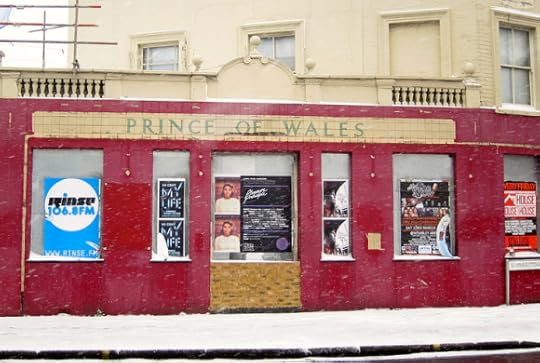The Great Pub Purge
London has lost 1,300 of the iconic taverns over the past decade. Feargus O’Sullivan explores why:
Lying at the heart of some of Britain’s most expensive neighborhoods, these pubs were always sitting ducks for developers. But it’s not only the comet-like rise of London residential property values that is causing the disappearances. While the smoking ban and high beer taxes haven’t helped, it’s actually the pub industry’s tough practices that are giving local boozers the greatest problems.
Under the British system, the pub “landlord” (in British pub terminology, this actually means a manager that rents a premises, rather than an owner) must buy their booze from the company they rent the pub from. With no competition, the prices they pay are generally inflated, meaning that even if landlords trim their profit margins, beer still comes out pricier than it otherwise needs to be. While pub companies turn a profit, individual landlords are pushed to the wall. The pub companies then sell off under-performing premises, even though pubs wouldn’t actually be unsustainable if landlords got a better deal.
Admittedly, this pressure has thinned out some dead wood. …. But now the lure of residential property profits is so great that not even landmark pubs are safe from the wave of closures. Indeed, the high ceilings and quirky historic fixtures of old pubs in general are just the sort of thing that make property speculators drool. Pub conversions are all over London now – you can find them for sale, for rent, even on Airbnb.
Previous Dish on the decline of English pubs here. A long thread on American pubs here.
(Photo: London’s now-shuttered Prince of Wales pub is set to be replaced by a Tesco. By Jon Curnow)



Andrew Sullivan's Blog
- Andrew Sullivan's profile
- 154 followers




